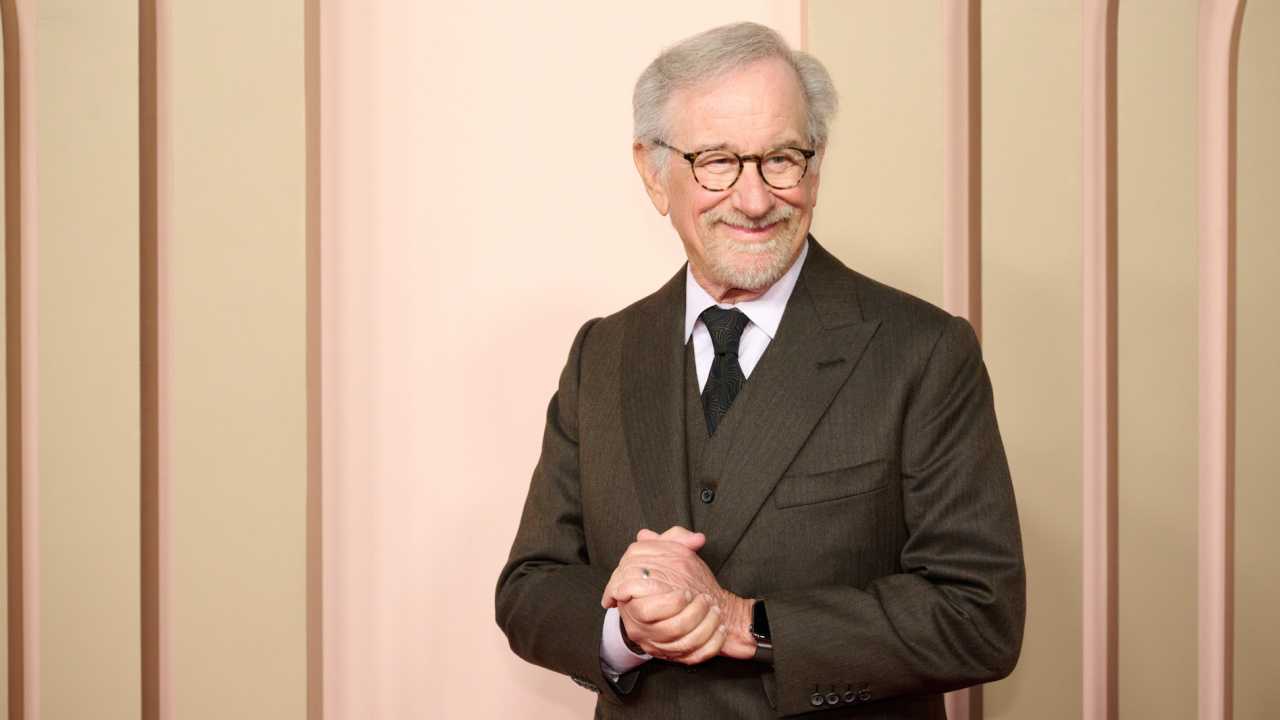Are populists anti-democratic? Drawing on a study of ten West European countries, Patricia Rehus and Steven M. Van Hauwaert find that populist citizens are less supportive of minority rights but no more likely to support authoritarianism than other citizens.
Populism is often portrayed as a threat to democracy. Populist actors challenge core democratic institutions – courts, press freedoms and minority protections – raising alarm among political commentators and scholars alike. But what about ordinary citizens who hold populist views? Do they show hostility towards these same pillars of democracy, or do they imagine a different kind of democracy altogether?
In a recent study, we offer the most comprehensive look to date at how populist citizens think about democracy. Using cross-national survey data from ten West European countries (Austria, Denmark, France, Germany, Greece, Italy, the Netherlands, Spain, Sweden and the United Kingdom), we examined how populist citizens understand democracy and how their views compare to non-populists.
While populist citizens are often described as “dissatisfied democrats” – disillusioned by how democracy works in practice yet still supportive of the system overall – we wondered if they want a different kind of democracy and if so, what principles they value most.
Multiple visions of democracy
To understand how citizens think about democracy, we asked respondents to rate the importance of 12 democratic principles (see Table 1). These items, drawn from the European Social Survey, reflect a broad set of democratic values.
Table 1: Democracy items
| How important do you think it is for democracy in general… | Item |
| 1. …that national elections are free and fair? | Free and fair elections |
| 2. …that opposition parties are free to criticise the government? | Opposition parties |
| 3. …that everyone is free to express their political views? | Freedom of expression |
| 4. …that the courts are able to stop the government acting beyond its authority? | Judicial review |
| 5. …that the rights of minorities groups are protected? | Minority rights |
| 6. …that the media are free to criticise the government? | Media freedom |
| 7. …that citizens have the final say on the most important political issues by voting on them directly in referendums? | Referendums |
| 8. …that citizens can directly remove an elected politician from office by calling for an impeachment referendum? | Impeachment |
| 9. …that the government protects all citizens against poverty? | Protection from poverty |
| 10. …that the government takes measures to reduce differences in income levels? | Reduce income inequality |
| 11. …that the government is led by a leader who is not accountable to parliament? | Strong leader |
| 12. …that the army takes power if the governments is incompetent? | Army intervention |
Note: Each item asks respondents, on an eleven-point scale from “not at all important” (0) to “very important” (10), how important they consider certain elements of democracy.
We then used four complementary approaches to explore how citizens conceptualise democracy. First, we used a theory-driven approach, based on established models in political theory, that distinguishes between electoral (items 1-3), liberal (items 4-6), direct (items 7-8), social (items 9-10) and authoritarian democracy (items 11-12).
Second, we adopted a citizen-focused approach using factor analysis to see how citizens themselves group different democratic principles. This reveals four main dimensions: liberal (items 1-4, 6), egalitarian (items 5, 9-10), direct (items 7-8) and authoritarian democracy (items 11-12).
Third, we used a revised citizen-focused approach. This treats minority rights as a separate category to overcome concerns about conflating minority rights with more egalitarian understandings of democracy. This yields four adjusted dimensions (plus minority rights): liberal (items 1-4, 6), social (items 9-10), direct (items 7-8) and authoritarian democracy (items 11-12).
Finally, we used an individual-item approach to evaluate independent support for each democratic principle. This helps us identify whether support for certain elements of democracy drives differences in democratic understanding across groups.
What citizens think about democracy
When we let the data speak for itself – rather than assume citizens separate different dimensions of democracy the way scholars do – an interesting observation emerges. Citizens’ views of democracy are structured, but they do not necessarily match the frameworks used by scholars. For instance, while political theory treats electoral and liberal principles as distinct, citizens tend to merge them into one overarching dimension.
Similarly, while minority rights are typically theorised as a component of liberal democracy, many citizens group them with social protections as part of the same broader commitment to egalitarianism and fairness. This is not surprising among our sample of countries, where liberal and social democracy are effectively the norm.
These insights suggest that people often approach democracy more holistically – combining ideas of inclusion, participation and accountability in their own ways. This makes it even more important for researchers and policymakers to ground any democratic reform efforts in the way citizens actually perceive democracy, not just how experts define it.
Are populist citizens anti-democratic?
Using these four approaches, we next examined how populist citizens differ from their non-populist counterparts in their support for different dimensions of democracy. Our findings (see Figure 1) challenge some common assumptions.
Figure 1: Populist citizens and support for democratic models
Note: Model 1 uses the theory-driven approach of democratic understanding. Models 2 and 3 use the more citizen-focused approaches to conceptualise democratic understanding. Model 4 uses the democracy items as separate variables. All models are OLS regressions with fixed effects and include control variables.
First, populist citizens – much like populist actors – are especially supportive of direct democratic tools, such as referendums and recall elections. This suggests they want more say in how decisions are made and are not necessarily content with leaving politics entirely to elected elites.
Second, populist citizens tend to be less supportive of liberal democracy, especially when it comes to minority rights. Much like populist actors, populist citizens are more likely to believe that protections for minorities can hinder majority rule.
Yet, when it comes to other aspects of liberal democracy, like a free press or independent courts, populist citizens’ support is similar to that of non-populist citizens. This suggests a key tension: liberal democracy protects all citizens, including minorities, but some populist citizens see these protections as privileging certain groups over the “general will”.
Third, we find no consistent evidence that populist citizens are more favourable to authoritarian models of democracy than their less populist counterparts. While they are more comfortable with the idea of strong leaders who can “get things done” – even if it means bypassing some institutional procedures – they do not show greater support for military rule or for the full abandonment of democratic processes. Their version of democracy may be illiberal in some respects, but not outright anti-democratic.
Populists want a democracy that listens
What we find is both reassuring and thought-provoking, as it challenges dominant narratives about populism. Too often, populist citizens are seen as a danger to democracy. This perspective risks missing their deeper message: populist citizens want a democracy that listens.
They are concerned that the system is skewed in favour of elites and minorities, and that ordinary voices are ignored. So, their vision of democracy prioritises direct participation and expresses deep scepticism toward liberal protections, especially when it comes to minority rights.
This nuance matters. If policymakers assume populist citizens are simply anti-democratic, they may overlook opportunities to strengthen democratic legitimacy by responding to real concerns about representation and voice. For example, introducing more participatory mechanisms, like deliberative mini-publics or citizen assemblies, may help address the demand for direct input without sacrificing liberal safeguards while equally reducing the appeal of populist actors.
In short, populist citizens are not seeking to dismantle democracy. Instead, they are, in many ways, democratic idealists. They want a system that listens to “ordinary people”, allows them a real say and produces fair outcomes. But their vision of democracy sometimes clashes with liberal principles designed to protect pluralism and minority voices.
This creates a difficult balancing act for contemporary democracies: how to deepen citizen engagement without eroding core safeguards. The answer is not to dismiss populist citizens as anti-democratic, but to take their democratic concerns seriously without compromising the principles that make democracy resilient.
For more information, see the authors’ recent study in Political Studies.
Note: This article gives the views of the author, not the position of EUROPP – European Politics and Policy or the London School of Economics. Featured image credit: Sangiao Photography / Shutterstock.com











































Discussion about this post